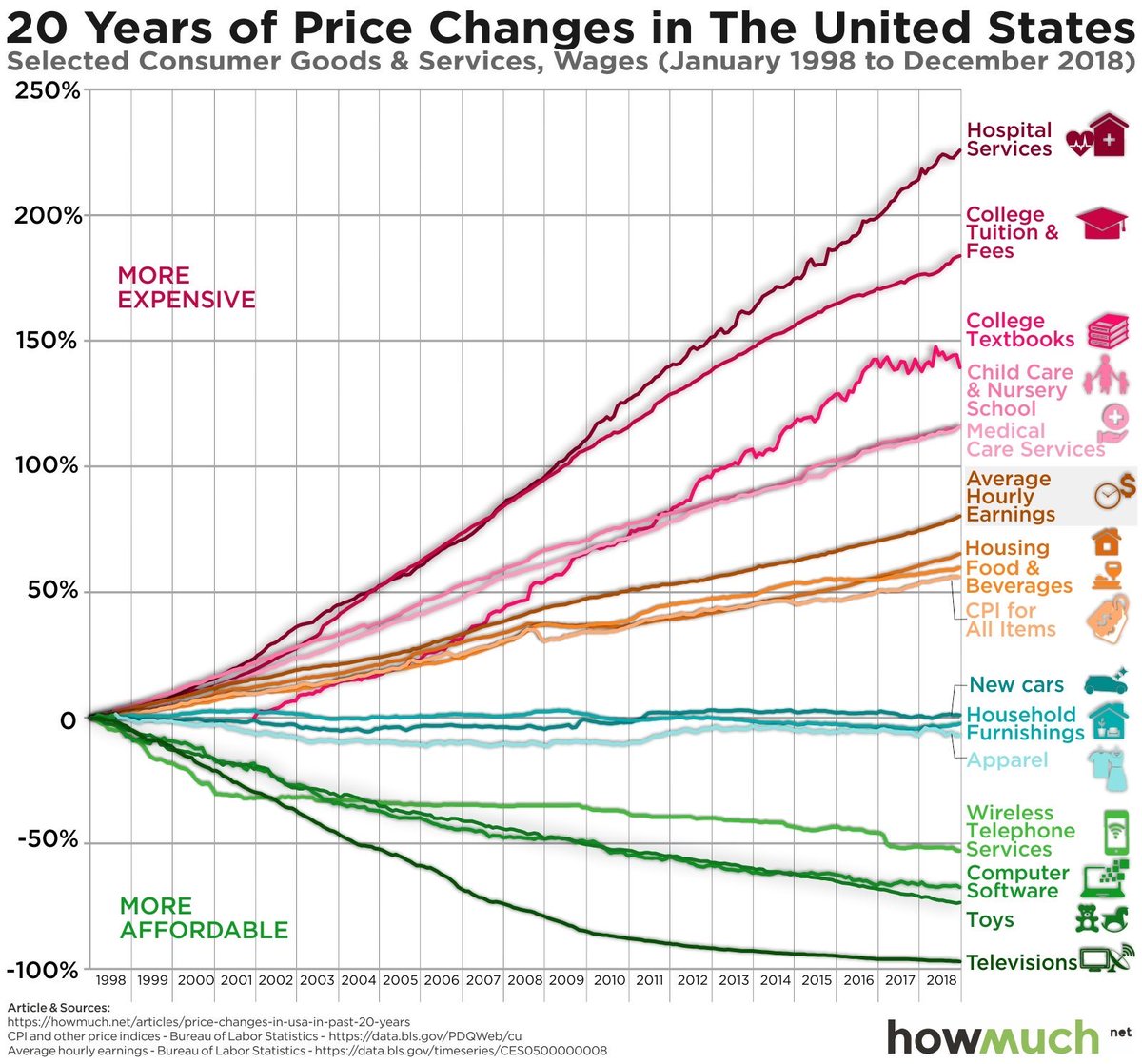
The steelman version of this argument is not that Bitcoin would fail, but that money itself may not be easily able to buy valuable things in a time of serious conflict — like public safety, or other social goods.
https://twitter.com/prchovanec/status/1452268434050400258
That is, we know from recent experience in conflict zones that smartphones and wireless internet are insanely robust technologies.
We know the Bitcoin network has survived many attacks, including the recent Chinese state assault on mining.
And we know private keys work offline.

We know the Bitcoin network has survived many attacks, including the recent Chinese state assault on mining.
And we know private keys work offline.


The real issue in a modern Mad Max scenario is not that Bitcoin fails, but that money itself fails to buy the most useful things you want in a warzone: like an end to war, or a ticket out of there.
If we grant that it’s not easy to put a price tag on things like “the cost to stop this riot”, then we can extend that to other goods that have a community aspect to them.
You can crowdfund electricity, water, roads, even police. But you need social cooperation, not just funds.
You can crowdfund electricity, water, roads, even police. But you need social cooperation, not just funds.
• • •
Missing some Tweet in this thread? You can try to
force a refresh






